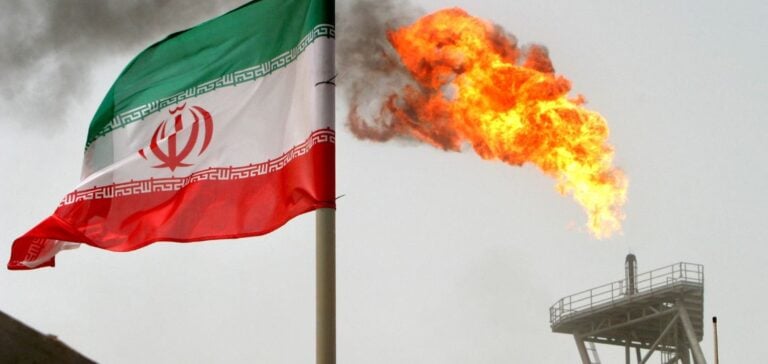The recent escalation of tensions between Iran and Israel has prompted the United States to consider stepping up sanctions, particularly in the oil sector. David Goldwyn, Chairman of the Energy Advisory Group of the Atlantic Council’s Global Energy Center, predicts a swift and far-reaching U.S. response aimed specifically at Iran’s oil trade. This move is designed to respond directly to the drone and missile attack and prevent a major escalation by Israel.
Divisions over the effectiveness of sanctions
Despite our stated intentions, the effectiveness of our sanctions remains in question. Rachel Ziemba, Senior Consultant at Horizon Engage, points out that even with additional sanctions, their impact on oil markets would probably be limited. The measures could tighten fundamentals and slightly affect prices, but market players remain skeptical about the enforceability of the sanctions.
Early legislative action
The US Congress is about to vote on several Iran-related bills, which could include additional sanctions. However, according to Goldwyn, while these measures are proposed, they would be aimed more at putting pressure on the Biden administration to enforce existing sanctions more rigorously, rather than introducing new legal restrictions.
Application and prospects of sanctions
The United States is likely to maintain a moderate application of sanctions on Iranian oil, in particular to avoid a spike in oil prices. Brenda Shaffer, an energy expert at the U.S. Naval Postgraduate School, criticizes the Biden administration for failing to take serious action against Iranian proxies, despite the formal sanctions in place against Iran, Russia and Venezuela.
While the United States and the G7 are working on new multilateral sanctions, the outcome of these initiatives remains uncertain. Tensions between Iran and Israel remain unresolved, and a new direct confrontation could trigger further geopolitical responses.






















